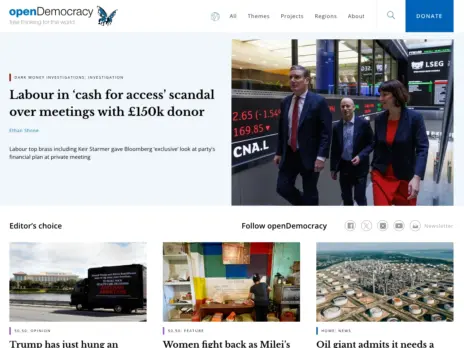
The BBC had to go to court to argue for permission for its journalists to continue sending Twitter messages from the trial of Craig White, the businessman accused of having bought Glasgow Rangers football club through fraud.
The corporation had two journalists, David Henderson and Andrew Black, who were tweeting from the trial, which ended today with White’s acquittal.
But trial judge Lady Stacey banned tweeting and the use of electronic communications from the court after a message which appeared on a football-related website inaccurately referred to a piece of evidence as a “proof of fraud letter”.
Donald Findlay QC, defending White, raised the issue with the judge, who withdrew the court’s consent for tweeting from the trial, even though it was unclear who had posted the inaccurate message, and not known if it was even done by someone at the court.
The BBC briefed advocate Duncan Hamilton, who went to court on Monday, 22 May, and persuaded the judge to lift the ban on tweeting in relation to all journalists on the press bench, although she kept it in place for other members of the public.
She also warned that if there were further problems with inaccurate tweets she would treat the problem as being cumulative.
Rosalind McInnes, the BBC’s principal solicitor in Scotland, said: “Tweeting from court has proved an effective way to cover this complex and high profile trial. It is very good news that the court has allowed journalists to continue doing so.”
Journalists face differing situations relating to tweeting in English and Scottish courts.
In England and Wales, reporters have had a presumptive right to use live text-based forms of communication – including Twitter – for reporting from courts since December 2011, when the then Lord Chief Justice, Lord Judge, issued Practice Guidance on the subject.
The guidance says: “It is presumed that a representative of the media or a legal commentator using live, text-based communications from court does not pose a danger of interference to the proper administration of justice in the individual case.
“This is because the most obvious purpose of permitting the use of live, text-based communications would be to enable the media to produce fair and accurate reports of the proceedings.
“As such, a representative of the media or a legal commentator who wishes to use live, text-based communications from court may do so without making an application to the court.”
Members of the public are required to seek permission if they wish to Tweet or use similar methods for sending messages from a court.
But the guidance also says that a judge can withdraw permission to use such communications at any time if it appeared to be interfering with the administration of justice.
In Scotland, there is no presumption that reporting through methods such as Twitter are permitted, and journalists have to seek consent every time they wish to use them to report from a trial.
At the same time as Lord Judge issued his guidance, Scotland’s Lord President, Lord Hamilton, made an announcement noting the change in the English courts and saying that suitable guidance for Scottish courts would be considered.
Since then, however, nothing has happened.
Email pged@pressgazette.co.uk to point out mistakes, provide story tips or send in a letter for publication on our "Letters Page" blog






